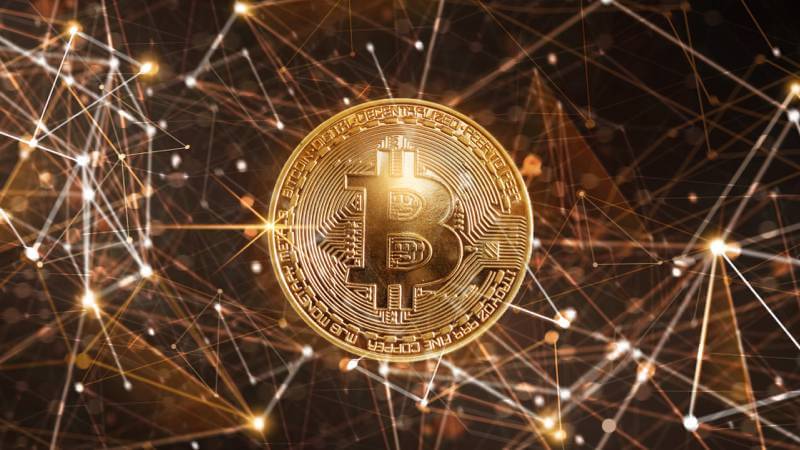Introduction to Bitcoin
What is Bitcoin? Definition and brief history Introduction to Satoshi Nakamoto
Why Bitcoin? The need for decentralized currency Comparison with traditional
currencies How Bitcoin Works Basic principles of blockchain technology
Peer-to-peer network
The Technology Behind Bitcoin Blockchain Technology Explanation of blockchain
How transactions are recorded Mining and Proof of Work What is mining? How
miners validate transactions Proof of Work mechanism Security Features
Cryptographic security Decentralization and its benefits
Bitcoin as an Investment Bitcoin’s Market Performance Historical price trends
Factors influencing Bitcoin’s price Investment Strategies Long-term vs
short-term investment Risks and rewards Regulatory Environment Global regulatory
landscape Legal considerations for investors
Bitcoin in the Real World Use Cases Everyday transactions Remittances and
cross-border payments Adoption by Businesses Companies accepting Bitcoin Impact
on the financial industry Challenges and Criticisms Volatility Environmental
concerns Security issues
The Future of Bitcoin Technological Developments Lightning Network Scalability
solutions Potential Impact on Global Economy Financial inclusion Disruption of
traditional banking Predictions and Speculations Expert opinions Future trends
Bitcoin, while innovative and popular, has several disadvantages:
Volatility: Bitcoin’s price is highly volatile, which can lead to significant financial risk for investors12.
Limited Acceptance: Despite growing popularity, Bitcoin is still not widely accepted as a payment method3.
Regulatory Uncertainty: The legal status of Bitcoin varies by country, and future regulations could impact its use and value4.
Security Risks: While the blockchain itself is secure, Bitcoin exchanges and wallets can be vulnerable to hacking5.
Environmental Concerns: Bitcoin mining consumes a large amount of energy, contributing to environmental issues12.
Scalability Issues: Bitcoin’s network can handle a limited number of transactions per second, leading to delays and higher fees during peak times1.


Comments
Post a Comment